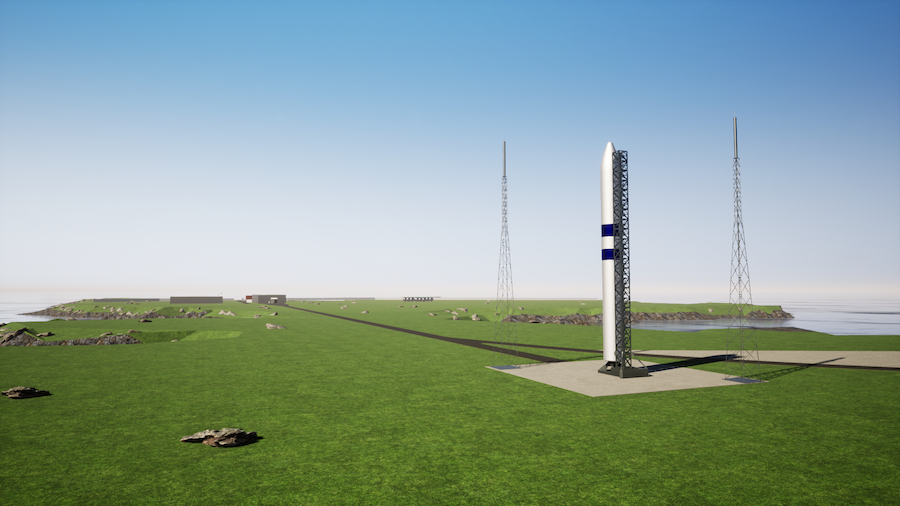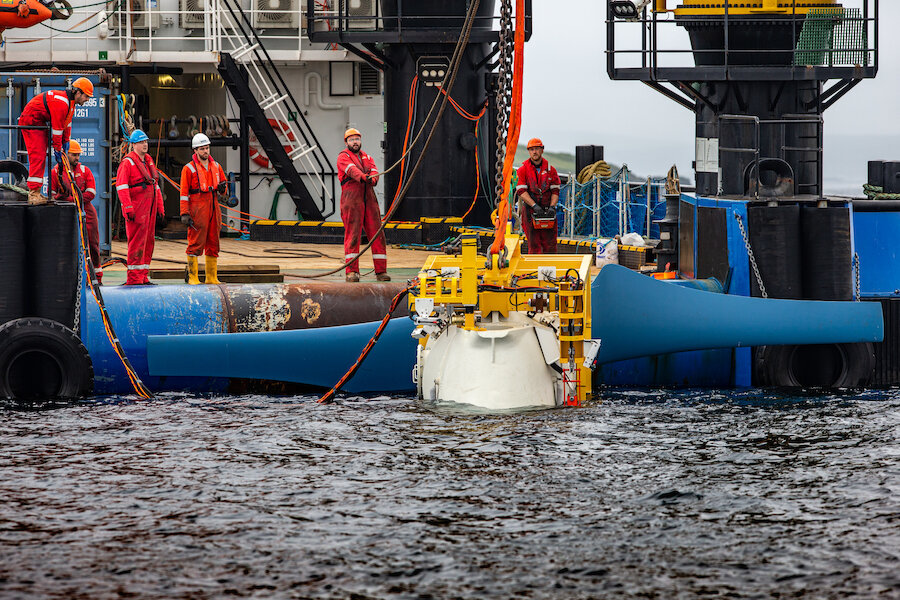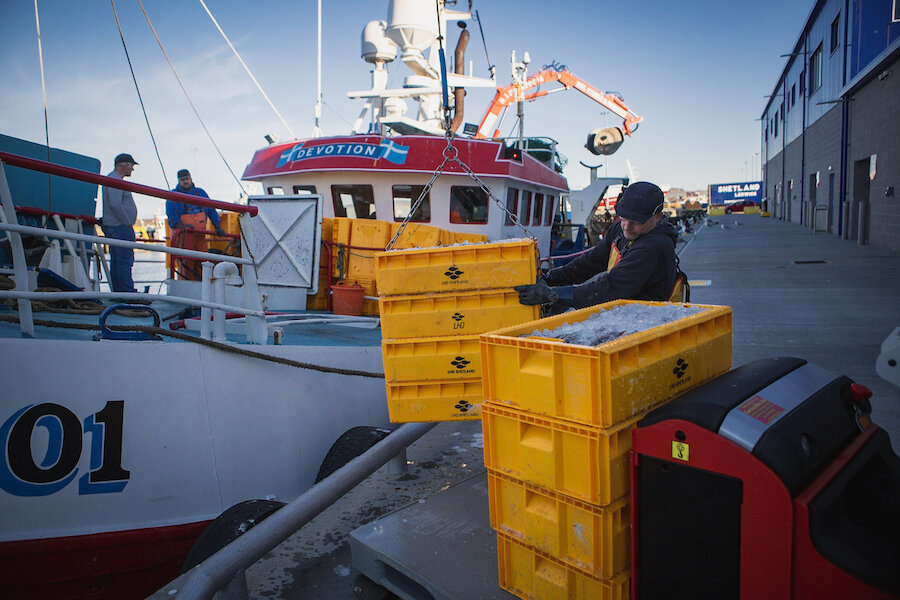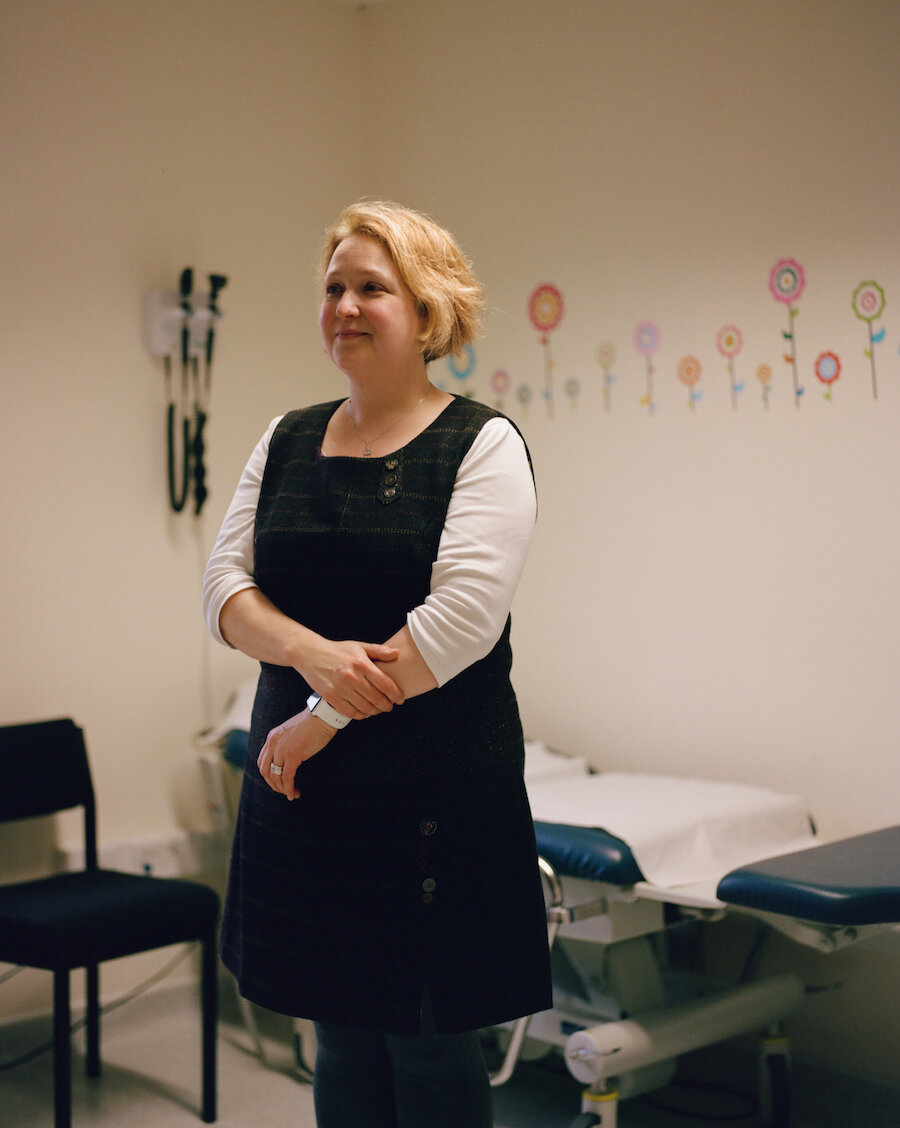Building a space economy
This will be the year that the new Shetland Space Centre breaks ground in the northeast corner of Unst, Shetland’s northernmost island, with plans for test launches ahead of Lockheed Martin’s Pathfinder programme in May 2022 – the first commercial small satellite rocket launch from the UK.
“This is a chance for Shetland to lead the rest of the UK and create a whole new road map,” says Yvette Hopkins, a former Director of Intelligence for the US Army who is now the Executive Vice President of the Shetland Space Centre. “But it’s about more than just rockets. It’s a chance for us to build a Shetland space economy.”
It’s about more than just rockets. It’s a chance for us to build a Shetland space economy
The UK Space Agency predicts that the Shetland Space Centre will create 140 new local jobs by 2024. “Those new jobs don’t just include local engineers and manufacturers who will have a big part to play, or fishermen who can help with the logistics of launches,” says Hopkins. “We also want to develop Shetland’s data analysis, so that the islands can benefit from the satellites we’re launching – whether that means tracking the algae that might be dangerous to local mussel farms, or tracking rubbish collection in real time. We want Shetland to be a smart island.”
Yvette also sees the space centre as a boon to tourism and education. There are plans for launch-based tourism packages, space exhibitions and an artist-in-residence, while Hopkins hopes that Brian May’s Starmus astronomy and space exploration festival might soon be held in Shetland. With the project already involving leading academics from around the world, there are opportunities for new courses and learning opportunities at the Shetland College UHI, and even the NAFC.
“There’s already an amazing number of smart, innovative people on Shetland, with so many engineers and problem-solvers from the oil and fishing industries,” says Hopkins. “Shetland was incredibly fast to create an oil economy in the 1970s, and we’re hopeful we can create a space economy just as fast.”




